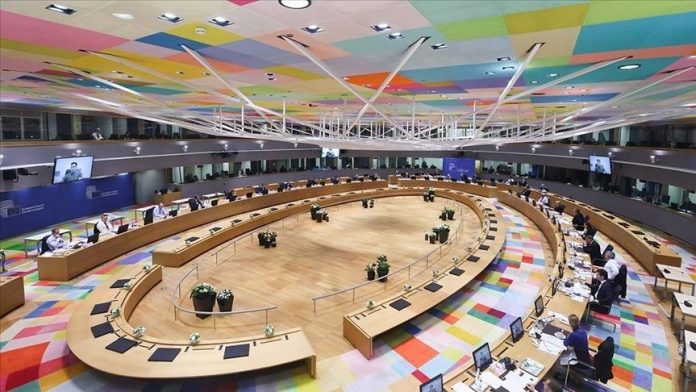Late on Thursday, the European Union Commission suggested a $60 per barrel price restriction for oil shipped by sea from Russia.
To set the price cap that will go into effect on December 5 in conjunction with the EU’s decision to stop receiving crude oil by sea from Russia, representatives from the 27 EU member states are still in talks.
However, certain nations, particularly Poland and some of the Baltic republics, such as Estonia and Lithuania, have resisted a $60 maximum and advocated for a lower price.
Before Monday, the group is attempting to reach an agreement.
The EU is developing a new price-limiting mechanism in addition to the price cap that will allow for a review of the ceiling price every two months.
The control system will guarantee that the new price cap is always kept 5% below market rates.
The G7 and EU nations are in talks to set a cap on the price of Russian oil. The G7 group suggested a price ceiling of $65 to $70 per barrel last week.
Poland, Lithuania, and Estonia favor a lower price cap, whilst Greece, Malta, and the Greek Cypriot Administration, which are big players in the transportation of Russian oil and produce substantial revenue, favor a higher ceiling price.
Officials from Russia declared that they would stop selling oil to nations that agreed to the price cap.

